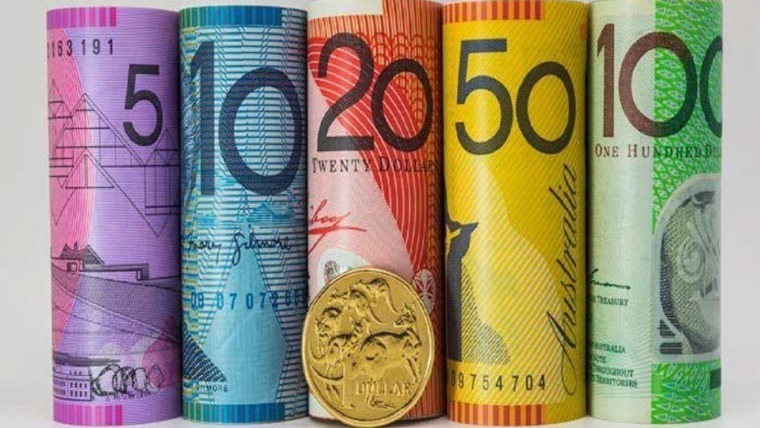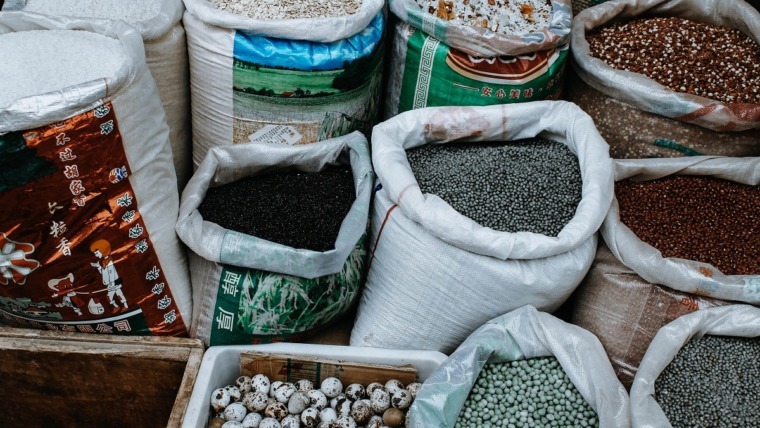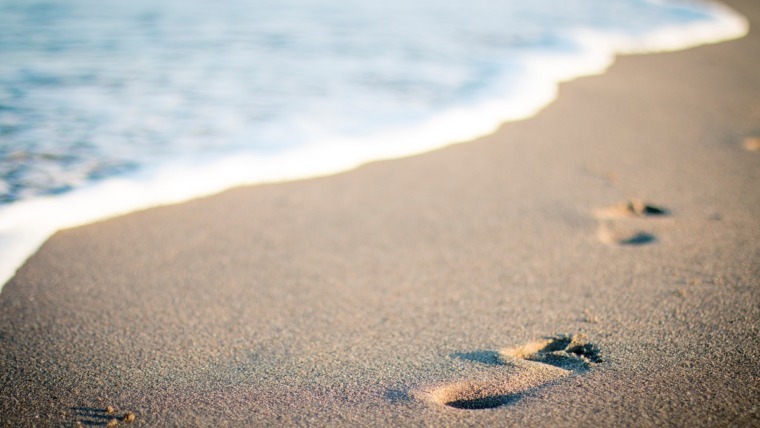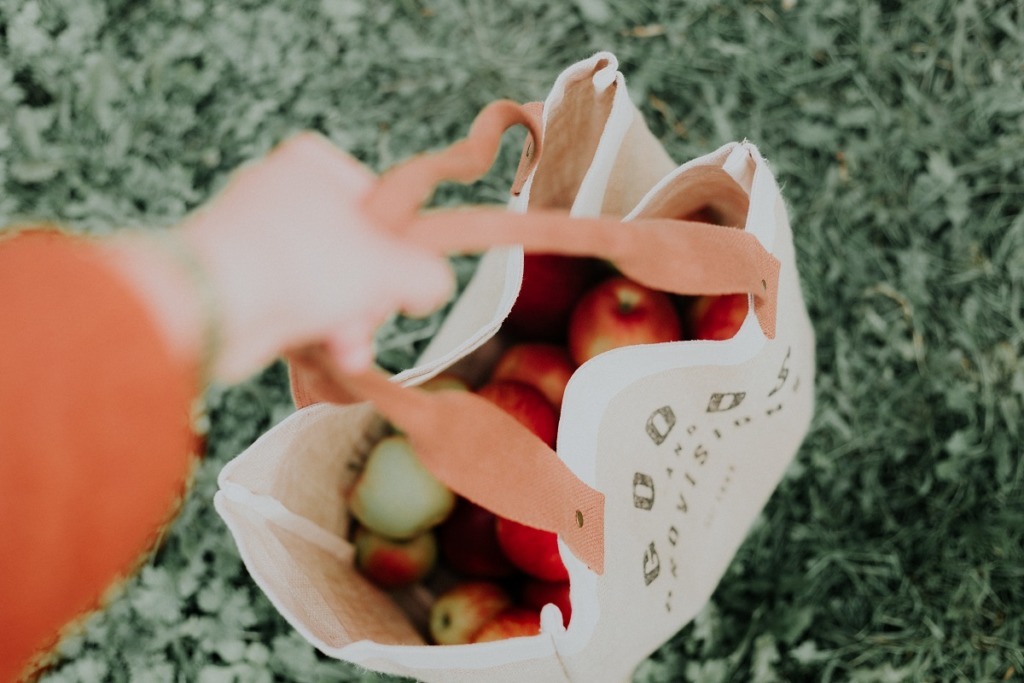
There Are So Many Clues For Us Every Day On How We Can Reduce Our Footprint, & Our Waste
Straight To The Sin Bin
Written by Liz O’Dwyer
Oftentimes, people ask me how and where do they start on their sustainable journey. That’s a great question because it differs for so many people. I have a step-by-step strategy I take people through which sets them up for the next 12 months. In the meantime, check out your Sin Bin.
The Sin Bin, There’s One In Every Home!
Our kitchen bin, aka The Sin Bin, holds a world of truths for us who are on a path to a more sustainable way of life. The answers are right there in front of us. (This also applies to our outside bins).
I’m a firm believer that the kitchen is the heart of the home. We all tend to congregate there, no matter the occasion. And we love our kitchen to be neat, clean and tidy. The feeling of clean benches, cleared of the groceries we’ve just brought home, or food and leftovers after a meal. There’s a great feeling of accomplishment seeing cleared benches, with just a touch of decoration (a cookbook on a stand, or a jar chock full of fancy cookies).
So, when we’re cleaning the kitchen, (and particularly when we’re in a hurry) there is a tendency to throw items in the bin that one would not necessarily do. Or, after the weekly shop, once all items are put into the fridge, raw ingredients have been decanted into our storage containers, and there is an abundance of packaging left over. What to do with it? Hmm … yep! Straight to the sin bin!
Once we have sustainability in our sights, the idea is not to create the packaging in the first place. So, if we take one step back, our shopping habits create a big clue for us.
Conduct An Audit Of Your Sin Bin
Doing an audit of your bin contents sounds gross, right?! But here hold so many clues on the simple changes you can make every day, without a lot of effort. So many people put off making any sustainable changes because they think it’s going to be difficult or cumbersome. Here’s your opportunity to make simple changes in your shopping habits and lighten your footprint at the same time.
Here’s a challenge I offer to people regularly. It’s a simple change that will take 20 seconds and yet, the reaction I get is one of shock and bewilderment. I challenge people to remove their kitchen bins for a day. When I challenge people to do this, just for a day and put it outside or in the garage (out of reach of use for the day), they are taken aback. “But what am I to do with all the rubbish?” is the first thing I get asked. Let me explain …
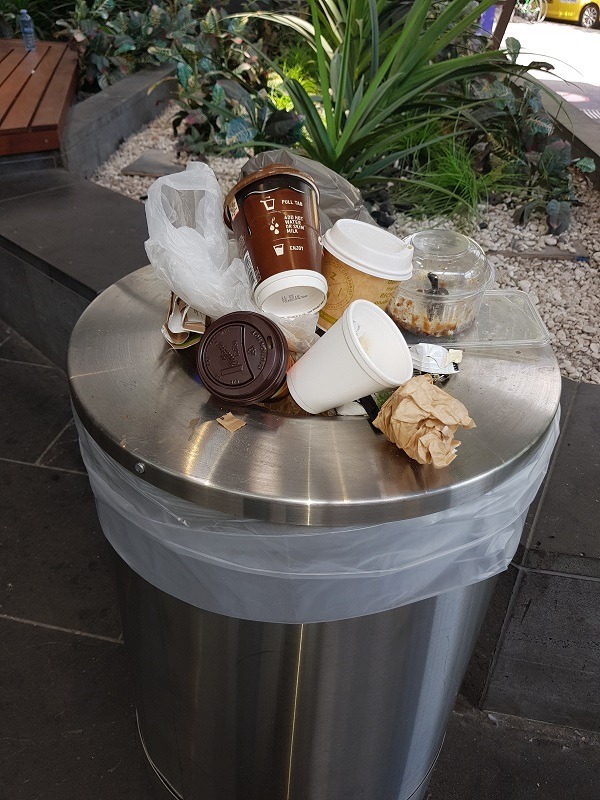
Removing the Sin Bin, even for a day, allows us to do an audit of things we very unconsciously continue putting in the bin (because that’s what we’ve always done). Removing the opportunity to keep those old habits alive, jerks us into conscious awareness. It provides us with the opportunity to set up a different system to separate our waste into different areas until we can stop creating the waste.
I highly recommend having a three-bin system:
- one for non-recycleables (and continue to work on this to reduce its contents)
- one for recyclables (also continue to work on this to reduce its contents)
- a compost bin (for kitchen scraps (no meat or dairy), paper, cardboard, cotton, tea bags, etc).
Having these three bins will dramatically reduce the non-recyclable waste immediately, with two-thirds of the waste diverted to other areas to be re-used.
The other option is to simply keep a pen & paper handy nearby where you keep the Sin Bin. Each time you have a piece of rubbish destined for the Sin Bin, make a note. Ask yourself,
“What could I do differently to replace this piece of non-recyclable rubbish for a more sustainable one?”
A better question to ask yourself would be:
“How could I purchase this product, so I don’t have any packaging at all?”
Take pasta for example. It comes in several different sized bags – made of plastic. This of course can go into Recycle recycling, but the end products made from these still do have a limited life cycle and at some point, ends up in a landfill.
Another option for this could be to make your own pasta. It’s not as difficult or as time-consuming as it seems. Reconnecting with our food and having an appreciation for our food is something I highly recommend. Making your own pasta then becomes a zero-waste product as there is no packaging. It only takes a few ingredients to make a batch, which can be dried and consumed later. (A great weekend activity to get the kids involved in.)
Bulk Buys
I am a raving fan of bulk buy co-ops. They have been around for decades, and they make so much sense.
Here are some of the benefits:
- Not only can you save money, but you can also get a better price per kilo on a wide range of products
- (Generally) Organic products mean you are eating healthier
- You save time on the weekly shop
- You save time with the unpacking and decanting
- You always have supplies on hand (no swinging by the shops on the way home from work)
- It’s a gathering of like-minded folk who work together so everybody benefits.
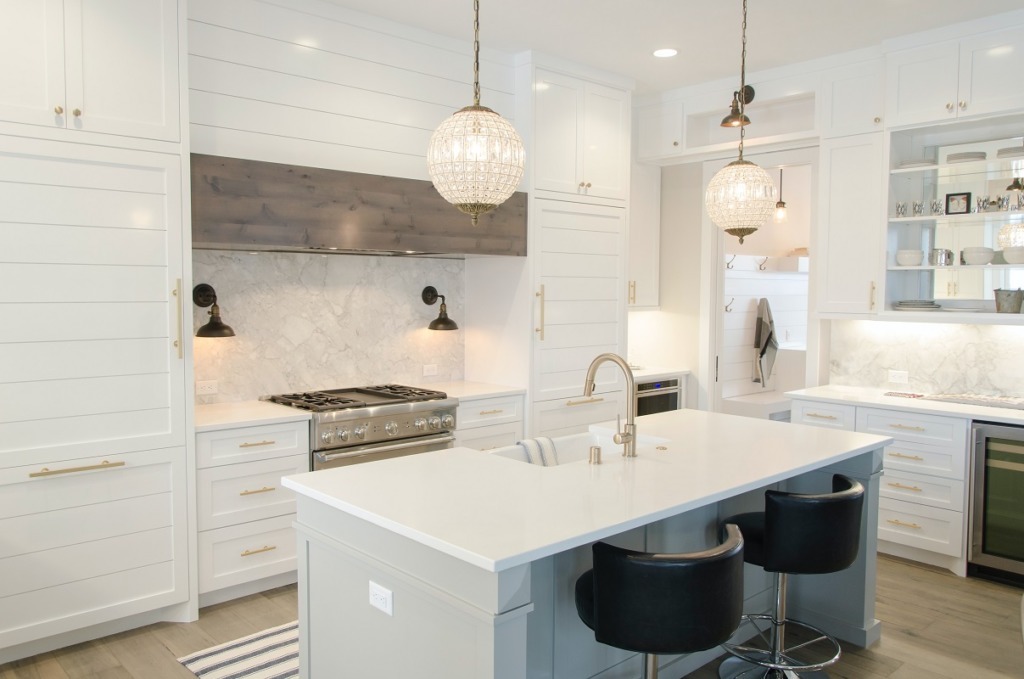
Become A Conscious Shopper
Many fresh items that are packaged (think fruit & vegetables) are packaged so you purchase a certain quantity. Take grapes for example. They come in a 2-kilo bag. They are ALL packaged in a 2-kilo bag. Some households won’t go through 2 kilos of grapes before the fruit is no longer edible. So they either go without or purchase the 2 kilos, and it’s inevitable that some go to waste. Unbeknownst to many shoppers, we are still able to purchase any quantity we want. Simply bag up whatever quantity you wish to use.
So, this week, when you’re preparing your shopping list, also put on there some great reminders for yourself to select non packaged items. And remember to give yourself a point for every piece of packaging you are now not taking home with you.
Happy shopping!

